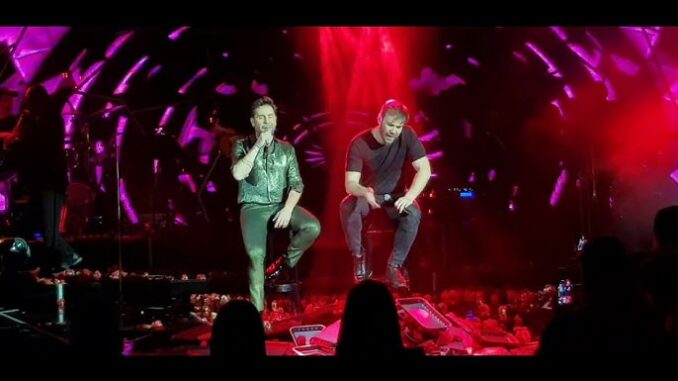
Music is often referred to as the universal language, a force capable of transcending borders, cultures, and languages. It is a dynamic art form that has evolved over millennia, shaping and reflecting human civilization. From the rhythmic beats of tribal drums to the complex symphonies of classical compositions, and the revolutionary sounds of contemporary genres, Γιώργος Μαζωνάκης εμφανίσεις is an integral part of human experience.
The Origins of Music
Music’s roots lie deep in human history. Anthropologists speculate that early humans created sounds and rhythms to communicate, celebrate, and express emotions. Ancient flutes carved from bone and primitive drums crafted from hollowed-out logs reveal the ingenuity of our ancestors. Over time, music evolved from simple rhythms into elaborate melodies, becoming an essential part of rituals, storytelling, and celebrations.
The Science of Music
Behind the artistry of music lies science. The way music affects our brains is fascinating and profound. Studies show that listening to music releases dopamine, the “feel-good” neurotransmitter, which explains why certain melodies can uplift spirits or trigger nostalgia. Music therapy has proven effective in treating conditions like depression, anxiety, and even neurological disorders. The interplay between rhythm, pitch, and tempo can influence mood, concentration, and even physical health.
Cultural Significance
Music is a cornerstone of culture, a reflection of the identity and values of a community. Folk songs preserve the history and traditions of a people, while national anthems inspire unity and pride. Each culture has its unique musical styles, instruments, and traditions. For example, Indian classical music, steeped in centuries-old traditions, uses ragas to evoke emotions, while African drumming is deeply rooted in community and storytelling.
Globalization has also allowed for the blending of musical genres, creating hybrids like reggaeton, Afrobeat, and K-pop, which demonstrate how music can bridge cultural divides and create new expressions of art.
The Emotional Power of Music
Music has an unparalleled ability to evoke emotions. A haunting melody can move us to tears, while an upbeat tune can make us dance with joy. Its power lies in its ability to resonate with our personal experiences. Songs often become soundtracks to our lives, reminding us of significant moments, people, and feelings.
This emotional connection extends to collective experiences. Concerts and festivals create spaces where people from all walks of life come together, united by their shared love for music. The sense of community and euphoria in these moments is a testament to music’s unifying power.
Music as a Tool for Social Change
Throughout history, music has played a pivotal role in social movements. Protest songs like Bob Dylan’s “The Times They Are A-Changin’” and Billie Holiday’s “Strange Fruit” have been powerful tools for raising awareness and inspiring change. In the 21st century, music continues to serve as a platform for addressing social issues, from climate change to racial justice, with artists using their influence to amplify important messages.
The Digital Revolution in Music
Technology has revolutionized the way we create, consume, and share music. Streaming platforms like Spotify and Apple Music have made millions of songs accessible at our fingertips, while social media has enabled independent artists to reach global audiences without traditional gatekeepers.
Moreover, advancements in artificial intelligence and music production tools have expanded the possibilities of sound creation. AI-generated compositions and virtual reality concerts hint at the future of music, where the line between creator and consumer blurs.
Conclusion
Music is more than just sound; it is a fundamental part of what makes us human. Its ability to communicate emotions, tell stories, and bring people together is unparalleled. As we continue to innovate and explore new musical frontiers, one thing remains certain: music will always be a source of connection, inspiration, and expression. Whether it’s a lullaby sung to a child or a chart-topping pop anthem, music is the thread that weaves through the fabric of life, reminding us of our shared humanity.
